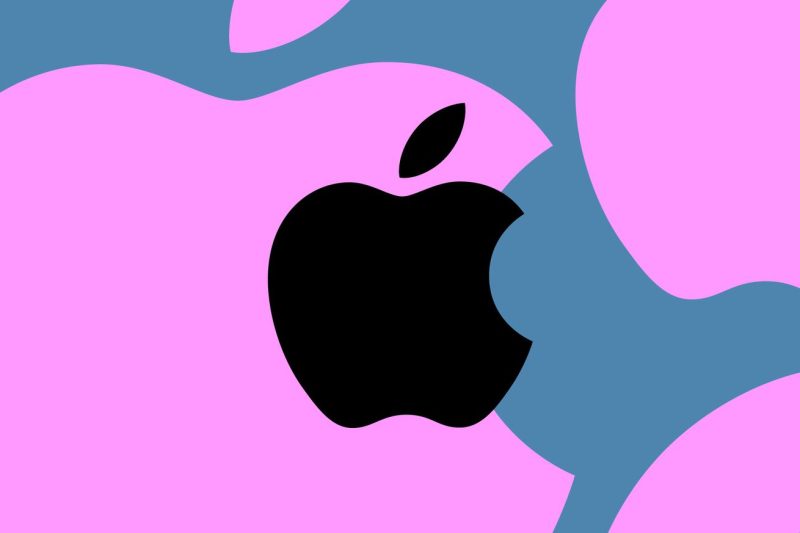In the realm of smartphone technology, every new release is greeted with excitement and anticipation from consumers worldwide. The anticipation for the next generation iPhone is no different, with rumors and speculation running rampant across the tech sphere. One of the most recent rumors suggests that the upcoming iPhone 17 may come equipped with Apple’s proprietary Wi-Fi chips, marking a significant departure from using third-party components for wireless connectivity.
The reliance on third-party chips for wireless communication has been a long-standing practice in the smartphone industry. Companies typically source components such as Wi-Fi and Bluetooth chips from established manufacturers like Qualcomm, Broadcom, or Intel to ensure reliable and efficient connectivity in their devices. However, Apple’s reported decision to develop its own Wi-Fi chips for the iPhone 17 could signal a shift in this conventional approach.
By incorporating its own Wi-Fi chips into the iPhone 17, Apple could potentially gain greater control over the performance, functionality, and security of the device’s wireless capabilities. Custom-designed Wi-Fi chips could be tailored to seamlessly integrate with Apple’s existing hardware and software ecosystem, enhancing the overall user experience and optimizing power efficiency.
Furthermore, developing proprietary Wi-Fi chips could potentially give Apple a competitive edge in the market by differentiating its products from competitors. Custom-designed chips could enable unique features and functionalities that set the iPhone 17 apart from other smartphones, further solidifying Apple’s position as a leading innovator in the industry.
However, the decision to use in-house Wi-Fi chips also comes with its own set of challenges and considerations. Developing and manufacturing custom wireless components requires a significant investment of resources, time, and expertise. Apple would need to ensure that its Wi-Fi chips meet stringent quality standards, regulatory requirements, and industry specifications to guarantee robust performance and seamless integration with the iPhone 17.
Moreover, transitioning to Apple’s own Wi-Fi chips could potentially disrupt existing partnerships with third-party suppliers and impact the supply chain for components. Navigating these complexities and potential obstacles will be essential for Apple to successfully implement this rumored change in wireless technology for the iPhone 17.
As with any rumor in the tech industry, it’s important to take the speculation surrounding the iPhone 17’s alleged use of Apple’s Wi-Fi chips with a grain of salt until official confirmation is provided. Apple is known for its commitment to innovation and pushing the boundaries of technology, so it wouldn’t be surprising if the company is indeed exploring the possibility of integrating custom Wi-Fi chips into its future devices.
In conclusion, the potential use of Apple’s own Wi-Fi chips in the iPhone 17 represents an intriguing development that has captured the interest and curiosity of consumers and industry observers alike. If this rumor materializes, it could mark a significant milestone in Apple’s pursuit of vertical integration and product differentiation, setting the stage for a new era of wireless connectivity in the iPhone lineup.
